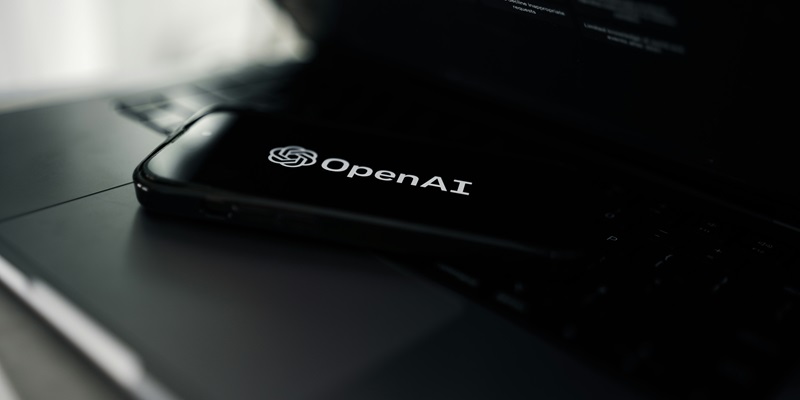In recent developments, Microsoft and Apple have made the strategic decision to step back from obtaining board seats at OpenAI, amid increasing regulatory scrutiny and antitrust concerns globally. These moves reflect broader trends in the tech industry where companies are recalibrating their approaches to AI governance in response to heightened oversight.
Withdrawal from Board Seats
Microsoft decided to relinquish its observer role at OpenAI’s board despite its substantial $13 billion investment in the AI firm. This decision indicates that Microsoft feels confident in OpenAI’s current direction and governance structure, believing no further observation from its side is needed. Contrary to earlier reports suggesting Apple might take on an observer role, it now appears that Apple has no plans to fill the vacant position left by Microsoft. Both companies seem to be taking a cautious approach given the increasing regulatory pressures.
Regulatory Scrutiny and Antitrust Concerns
The backdrop to these withdrawals is the intensified scrutiny from regulatory bodies worldwide concerning the dominance of big tech in the AI landscape. Particularly, the European Union is examining the collaborative dynamics between OpenAI and Microsoft closely, thus leading to speculations that Microsoft’s and Apple’s strategic retreats are preemptive measures to avoid potential legal and antitrust repercussions. This regulatory environment aims to balance fostering innovation while ensuring fair competition, prompting major tech firms to rethink their corporate affiliations and governance roles.
Statements and Strategic Implications
OpenAI has expressed gratitude towards Microsoft, hinting that the partnership remains solid despite the structural changes in governance. Industry experts suggest that the exits by Microsoft and Apple are likely strategies to navigate the complex legal and antitrust reviews that currently beset the tech community. The overarching message is clear: big tech firms are seeking ways to support AI innovations without running afoul of regulatory standards, thereby retaining their influence while promoting perceived independence of entities like OpenAI.
Overarching Trends and Consensus Viewpoints
A prevalent theme in these corporate maneuvers is the balancing act between driving AI innovation and adhering to regulatory expectations. Analysts agree on the critical importance of ensuring that AI organizations like OpenAI are seen as independent entities. This perception is vital to maintain fair competition, avoiding any allegations of undue influence by major tech companies. By stepping back from governance roles, firms like Microsoft and Apple aim to alleviate regulatory concerns while continuing to contribute to AI advancements.
Synthesis and Unified Understanding
When synthesizing these developments, it becomes evident that Microsoft’s and Apple’s decisions are shaped by the need to comply with global regulatory frameworks while preserving their status as leading innovators in the AI domain. This approach allows them to maintain collaborative relationships with AI firms without directly engaging in governance, thus sidestepping potential antitrust issues.
Recently, both Microsoft and Apple have opted to forgo acquiring board seats at OpenAI, driven by mounting regulatory scrutiny and antitrust concerns on a global scale. This strategic decision underscores a wider trend within the technology sector, where corporations are reassessing their AI governance strategies in light of increasing oversight. This move comes as governments and regulatory bodies worldwide are putting more pressure on tech giants to operate with greater transparency and accountability, especially when it comes to artificial intelligence and its broader societal impacts. Companies like Microsoft and Apple, which have substantial investments and interests in AI, are thus adapting their approaches to align with these new regulatory environments.

